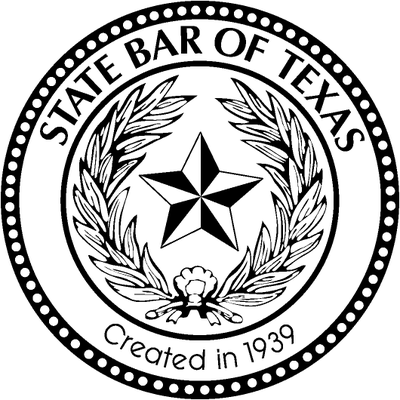This week, the U.S. Supreme Court decided a case that involves two hot topics in employment law: arbitration agreements and noncompetes.
In Nitro-Lift Technologies, LLC v. Howard, two employees who worked in Oklahoma signed a noncompete with their employer at the time, Nitro-Lift. The noncompete included an arbitration clause. The employees left Nitro-Lift and went to work for a competitor. Claiming that the employees breached their noncompetes, Nitro-Lift served the employees with a demand for arbitration. Because noncompetes are traditionally unenforceable in Oklahoma, employees filed suit in Oklahoma, asking the court to declare the noncompetes null and void and enjoin their enforcement. The court dismissed the suit, holding that whether the noncompete is enforceable is a dispute that must be settled by arbitration, not the court. On appeal, the Oklahoma Supreme Court disagreed. It held that the court could decide whether the noncompete is enforceable.
The U.S. Supreme Court disagreed. It held that when parties agree to arbitrate contractual disputes, attacks on the validity of the underlying contract (here, the noncompete) must be resolved by arbitration, not by a federal or state court. This is different from attacks on the validity of the arbitration clause itself, which may be decided by a federal or state court. Here, because the employees were attacking the validity of the noncompete, not the validity of the arbitration clause, the U.S. Supreme Court held that that dispute must be decided by arbitration. In making this decision, the U.S. Supreme Court emphasized the national policy favoring arbitration.
In summary: where there is an arbitration agreement, attacks on the validity of the arbitration agreement may be decided by a court. Assuming the arbitration agreement is valid, however, attacks on the validity of the underlying contract (a noncompete, for example) must be decided by arbitration.









